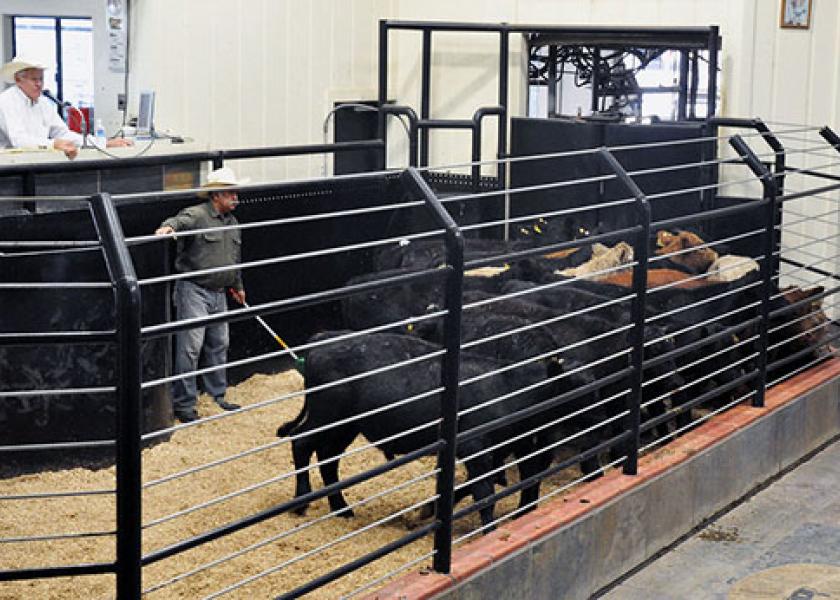NCBA Endorses Bipartisan A-PLUS Act

The National Cattlemen’s Beef Association (NCBA) supports the Amplifying Processing of Livestock in the United States (A-PLUS) Act, introduced today in the U.S. House of Representatives by Rep. Vicky Hartzler (R-MO) and Rep. Jimmy Panetta (D-CA).
If enacted, the bill would clarify regulations under the Packers and Stockyards Act to allow livestock market owners to maintain an ownership interest in small meatpacking entities, and would secure another tool in the toolbox to boost processing capacity and alleviate key challenges in cattle marketing.
“The need for new packing facilities has become a critical issue for the cattle industry. Huge amounts of capital are required to get new facilities up and running. Understanding the need for these new facilities, producers themselves have invested in these efforts but outdated regulations still prevent livestock markets from having ownership in packing facilities. The A-PLUS Act paves the way for the marketing segment of the cattle industry to be included as investors in these facilities, helping reduce dependence on major packers and improving the competitiveness of the live cattle market,” said Clint Berry, chairman of NCBA’s Livestock Marketing Council.
The A-PLUS Act amends the Packers and Stockyards Act to allow livestock markets to own, invest in, or manage small to medium-sized processing facilities with a slaughter capacity of less than 2,000 head per day or 700,000 head per year.
“The meatpacking sector continues to be the bottleneck in the cattle and beef supply chain,” said NCBA Senior Director of Government Affairs Tanner Beymer. “Opening more small and medium-sized processing facilities increases opportunities for producers to market their cattle and helps balance leverage in pricing negotiations.”







